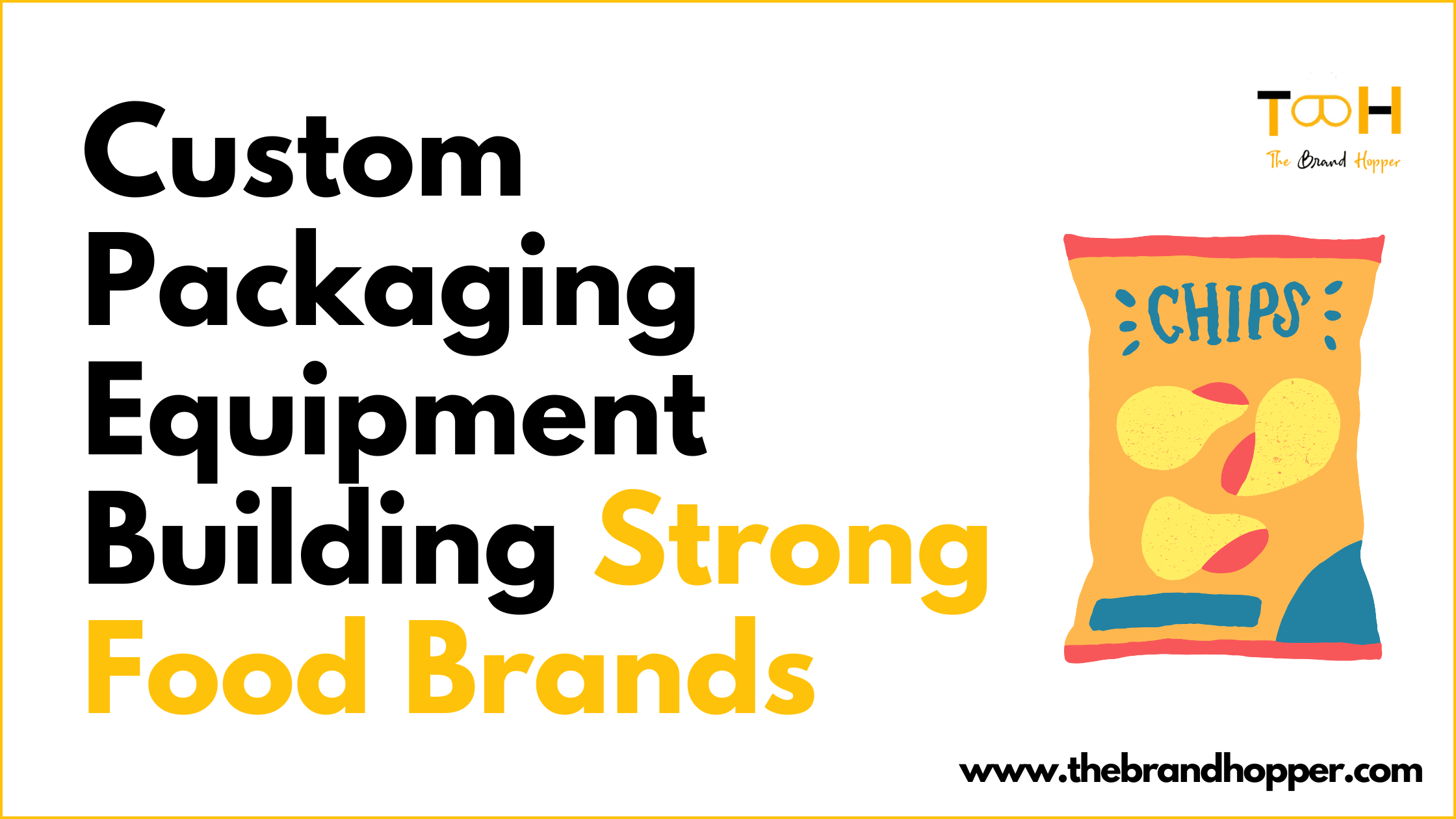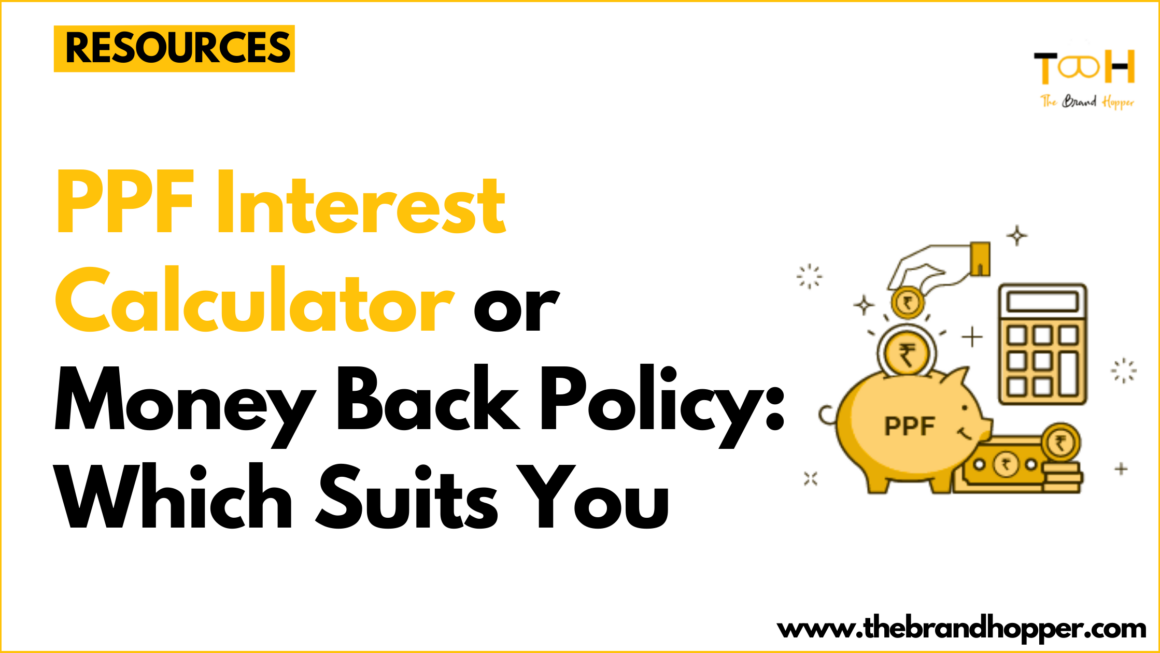In the competitive world of food branding, packaging does far more than protect products—it communicates identity, builds trust, and creates memorable experiences for consumers. From the vibrant designs on snack packets to the sleek containers of premium sauces, packaging shapes the way customers perceive and connect with a brand. Behind these impactful designs lies a quiet but essential player: custom packaging equipment. These machines are the unsung heroes of the food industry, empowering brands to align their packaging with their unique vision while ensuring efficiency and consistency at scale.
Packaging: A Silent Brand Ambassador
Packaging is one of the most powerful tools in a food brand’s arsenal. It doesn’t just house the product—it tells a story, evokes emotions, and creates an instant connection with the consumer. Think of iconic examples like the red and white swirl of a Coca-Cola bottle or the earthy tones of an organic granola box; these designs immediately communicate the brand’s essence and values.
For food brands, packaging serves as a silent ambassador on crowded shelves, vying for attention in seconds. A well-designed package speaks volumes about:
- Quality: Consumers associate premium designs with superior products.
- Innovation: Unique packaging often reflects a forward-thinking brand.
- Sustainability: Materials and design choices can showcase environmental commitment.
Custom packaging equipment makes it possible to deliver on these expectations by producing packaging tailored to match a brand’s identity, whether it’s through precision cuts, unique shapes, or intricate detailing that sets a product apart.
The Power of Custom Packaging in Brand Differentiation
In an industry where countless products compete for attention, standing out requires more than bold colors or catchy slogans. Custom packaging has become a decisive factor in differentiating food brands. It’s not merely about aesthetics—it’s about creating an experience that lingers in consumers’ minds.
Custom packaging equipment enables brands to craft designs that resonate with their target audience. For example:
- Eco-conscious brands: To appeal to environmentally conscious buyers, a local artisan chocolate brand might use minimalist, biodegradable materials.
- Family-oriented brands: A snack company targeting children could use bright, playful shapes to capture young imaginations.
Key Benefits of Custom Packaging in Differentiation:
- Precision and Flexibility: Brands can experiment with seasonal or limited-edition designs, creating a sense of exclusivity that keeps consumers engaged and excited about their products.
- Enhanced Loyalty: Unique and consistent packaging builds brand recognition and fosters long-term customer relationships.
By leveraging these tools, food brands can ensure their products leave an unmistakable impression, turning first-time buyers into devoted customers.
Efficiency Meets Innovation with Custom Packaging Machines
The appeal of custom packaging extends beyond the visual—it’s also about how efficiently and reliably brands can deliver their vision. Custom packaging machines play a pivotal role in balancing creativity with operational excellence, helping brands maintain consistency while optimizing production.
These machines are tailored to meet specific packaging requirements, whether it’s filling, sealing, or designing unique shapes. For instance:
- Yogurt packaging: Individual servings with perfectly aligned labels and tamper-evident seals build trust and showcase professionalism.
- Festive treats: Bakeries can create specialized, seasonal packaging that celebrates unique occasions while maintaining a consistent look.
The Advantages of Custom Packaging Machines:
| Advantage | Key Benefit |
| Scalability | Quickly adapt to new product lines or expanded markets. |
| Sustainability | Minimize material waste and seamlessly integrate eco-friendly materials. |
| Precision | Deliver consistent, high-quality outputs that reinforce consumer trust. |
As industry expert Sarah Lane puts it:
“Custom packaging is the intersection of art and function—it ensures brands can express their identity while meeting operational demands.”
Real-World Success: How Packaging Shapes Food Brands
The impact of packaging on branding is evident in the success stories of both large and small food companies.
Consider the case of Nestlé, a global giant that has mastered the art of aligning packaging with its brand values. By adopting sustainable and innovative packaging solutions, Nestlé enhances its appeal to eco-conscious consumers and reinforces its commitment to environmental responsibility.
Another compelling example is Cadbury, a brand synonymous with indulgence and luxury. Its signature purple wrapping isn’t just iconic—it has become a visual shorthand for quality and tradition. Cadbury’s ability to maintain this branding consistency across global markets underscores the importance of custom packaging solutions tailored to meet diverse consumer expectations.
Smaller brands are also using custom packaging to great effect. Clover & Crust, a boutique bakery in Brooklyn, leverages custom packaging to emphasize its artisanal roots. Each box features hand-drawn illustrations and eco-friendly materials, creating a premium unboxing experience that resonates with its audience of health-conscious, eco-minded customers. The attention to detail has helped the bakery establish a loyal customer base and stand out in a saturated local market.
A 2023 study found that 72% of consumers say packaging design influences their purchase decisions, making it clear that packaging goes beyond functionality and directly impacts sales and loyalty.
The way packaging reinforces trust, loyalty, and brand identity highlights packaging’s strategic importance, especially in competitive industries like food and beverage.
Future Trends in Food Packaging: Embracing Sustainability
The food packaging industry is undergoing a significant transformation, driven by consumer demand for environmentally friendly solutions and stricter regulations on single-use plastics. Brands are increasingly adopting sustainable materials and innovative technologies to meet these expectations and reduce their environmental impact.
Key Trends Driving the Future of Packaging:
- Biodegradable and Compostable Materials:
Plant-based plastics and seaweed are gaining popularity as alternatives that decompose naturally, minimizing waste. The growing adoption of these materials reflects broader efforts to implement sustainable packaging innovations that align with environmental priorities.
- Edible Packaging:
Innovative solutions like consumable wrappers reduce waste while creating zero-waste experiences for consumers. Brands like Evoware have already begun exploring seaweed-based wrappers to reduce single-use plastic.
- Smart Packaging:
Technology-enabled packaging can monitor freshness, track supply chains, and improve food safety. Thanks to advancements in IoT, the smart packaging market is expected to reach $48 billion by 2028. According to Deloitte, 74% of consumers are willing to pay more for smart packaging that extends product shelf life or improves safety.
- Regulatory Influence:
Policies worldwide are driving the shift toward sustainable materials, pushing brands to invest in compliant and eco-friendly solutions.
Custom Packaging as a Long-Term Investment
For food brands aiming to stay competitive, custom packaging equipment, as well as liquid filling equipment, represents more than an operational upgrade—it’s a strategic investment in their brand’s future. Unlike standard solutions, custom packaging systems are designed to align with a brand’s unique goals, offering benefits that extend far beyond production efficiency.
Why Custom Packaging Equipment Matters:
- Scalability: Seamlessly adapt to new product lines, expanded markets, or seasonal offerings.
- Sustainability: Tailored equipment can integrate biodegradable materials efficiently, reducing waste and resonating with eco-conscious consumers.
- Branding Consistency: Ensure precision, maintaining a uniform look and feel that builds consumer trust.
By investing in these solutions, food brands position themselves to adapt to market trends, deliver on consumer expectations, and secure a competitive edge for years to come.
Conclusion: Packaging as a Pillar of Brand Success
In the competitive food industry, packaging does more than encase a product—it serves as a powerful tool for storytelling, differentiation, and trust-building. Custom packaging equipment empowers brands to bring their vision to life, ensuring every detail reflects their identity while maintaining operational efficiency and sustainability.
From iconic global brands to emerging artisan producers like Clover & Crust, those who invest in tailored packaging solutions are better equipped to meet evolving consumer expectations and stand out in crowded markets. Evaluating your current packaging strategy and investing in custom solutions could be the key to securing a lasting competitive advantage in an ever-changing marketplace.
To read more content like this, explore The Brand Hopper
Subscribe to our newsletter




